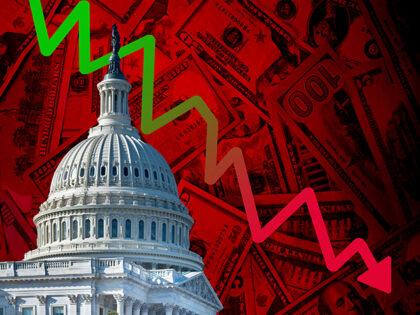Breitbart Business Digest: This Old House Didn’t Start
The real estate recovery hit an air pocket in June.
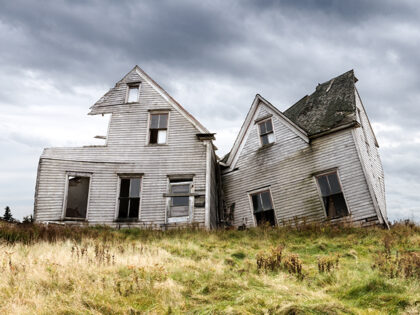
The real estate recovery hit an air pocket in June.

The poet James Russell Lowell described June as the “high tide of the year.” The June retail report showed that the tide washed something ashore for everyone last month.

President Joe Biden desperately wants to convince Americans that they have done well under his presidency, but that’s going to be a tough sell.
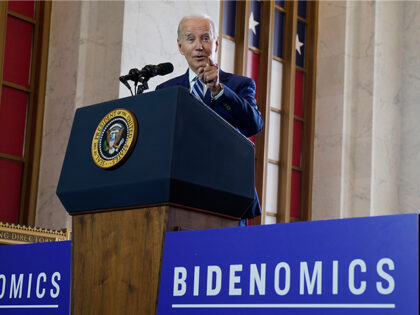
The bears got pummeled by Goldilocks this week as the latest economic data indicated a broadening of disinflationary trends.

We still think it is unlikely that inflation will come down to two percent without a sizable increase in unemployment, but this week’s reports make the “soft landing” scenario less unlikely.
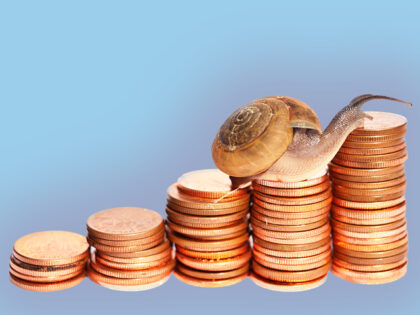
Headline inflation has slowed, but deeper long-term inflation persists.
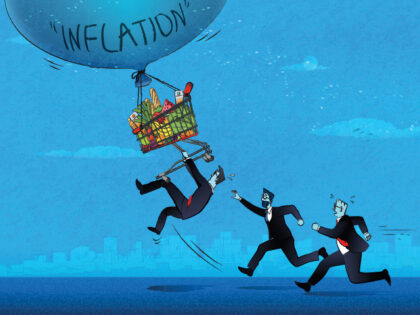
We expect President Joe Biden will take another misbegotten victory lap on inflation tomorrow.

If generals are always fighting the last war, analysts are typically buying the last rally or shorting the last downturn.

Today’s jobs report data is likely enough to lock-in a Fed rate hike.
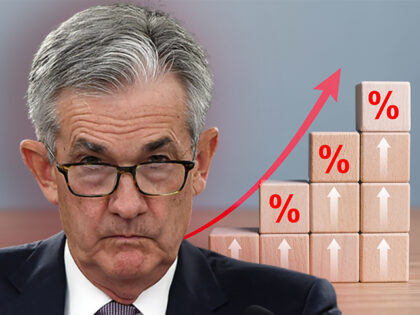
The private sector put nearly 500,000 people onto payrolls in June, according to the calculations of payroll processor ADP.

It’s not exactly a self-evident truth, but it is a data-evident truth: the U.S. housing market is recovering.

The Supreme Court just gave a boost to the Federal Reserve’s efforts to tame inflation.
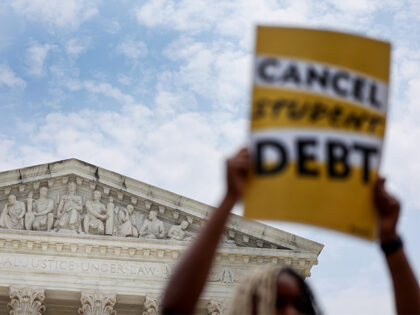
The third GDP revision raises concerns about the persistence of inflation but also provides powerful support to our view that the economy is unlikely to enter a recession this year.
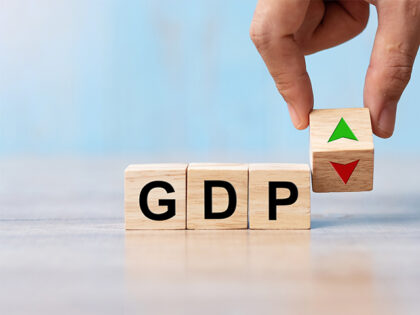
The downside of the resurgence in Italy’s tourism sector is likely to be persistent inflation.

The most heralded recession in American history will probably not arrive until next year.

Markets and analysts are no longer forecasting a series of rate cuts this year, but they do not buy the notion that the Fed will keep hiking.
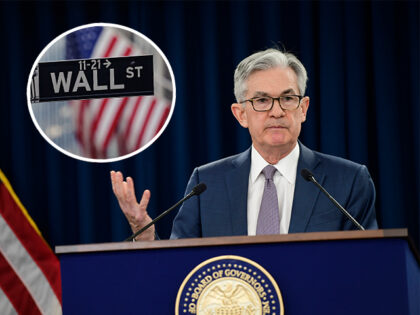
The Federal Reserve on Wednesday announced its decision not to raise the range for its benchmark federal funds rate target, choosing to leave rates alone for the first time in 15 months.
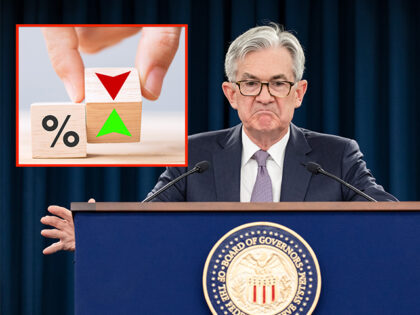
Federal Reserve Chairman Jerome Powell will get his pause.
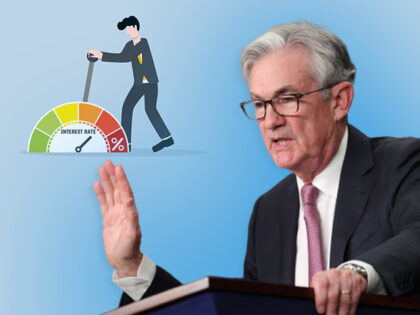
A funny thing happened on the way to the next recession: stocks stampeded their way to bull market territory.
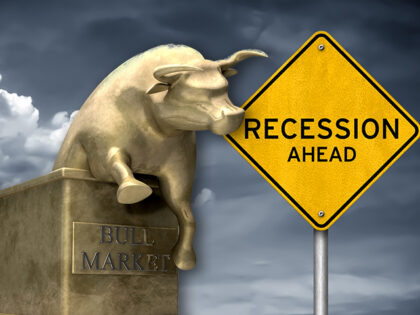
While the notion that the labor market has been softening underneath the strong headline figures is increasingly popular, the evidence marshaled to support it is not very strong.

The stage is set for the Federal Reserve to take a breather at its next meeting, probably with the explanation that it wants to assess the effects of the earlier interest rate hikes on the economy.
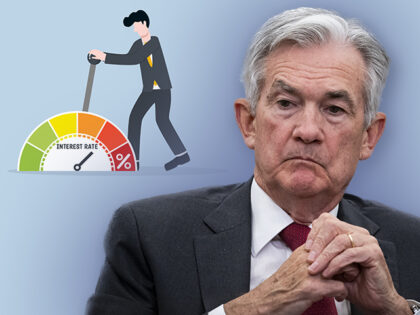
The latest results from the Economist/YouGov poll reveal that Americans are deeply unhappy about the economy.
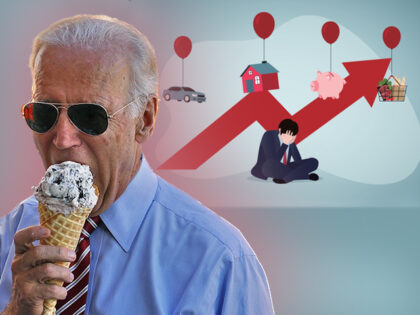
The Federal Reserve’s Summary of Economic Projections from March now appear to be seriously outdated.

You could not wish for a better illustration of how hard it is to read the economic signals these days than the dueling services sector purchasing managers indexes released on Monday.

The labor market is putting the Federal Reserve to the test.

The bones of the U.S. economy are looking good as we hurtle toward the warming months.
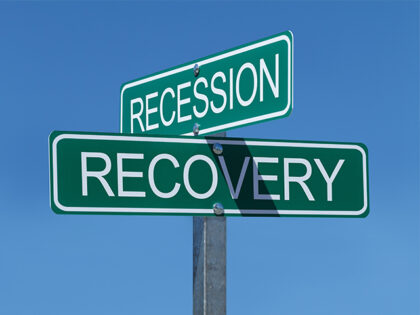
The labor market is still refusing to cooperate with the narrative that the economy is softening.
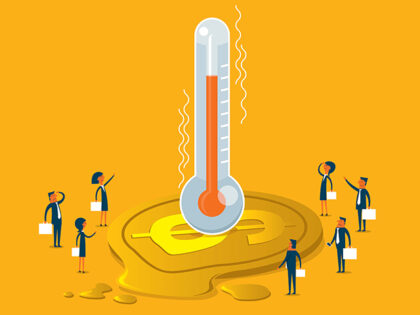
The deal to suspend the limit on federal government debt until 2025 removes one of the obstacles to another Federal Reserve rate increase.
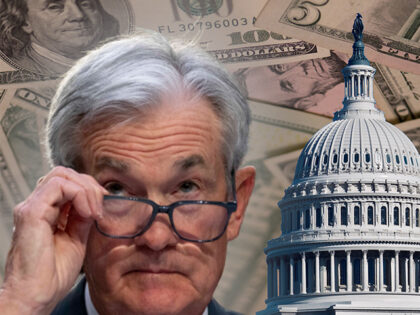
It is getting harder and harder to justify not raising rates at the next meeting of the Federal Open Market Committee.
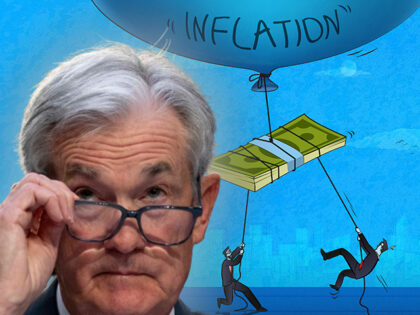
Did the economy grow or shrink in the first three months of the year?

Someone forgot to tell the mall rats that the economy is supposed to be in a recession any day now.
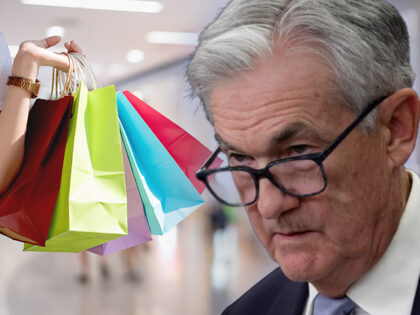
The most heralded recession in U.S. history still is not showing up.

Despite the lowest rate of unemployment in decades, more than a third of Americans say they are losing ground financially.

Federal Reserve Chairman Jerome Powell still appears to support a pause at the next meeting—and expects the Fed will hold rates near current levels rather than cut later this year.
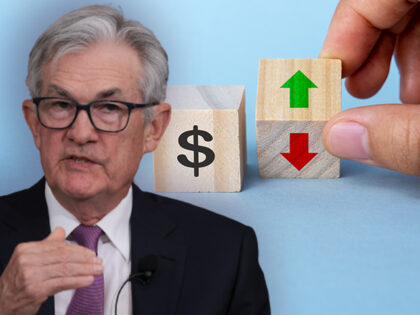
Long-term underlying inflationary pressures are pushing us toward a prolonged period of higher inflation or higher interest rates.
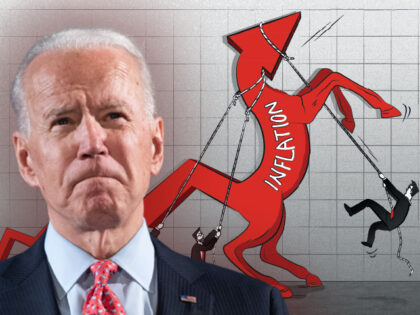
One sign of a very tight labor market is that very few workers are relocating to take up new positions.

How can we break this to you? The economy is not in a recession.
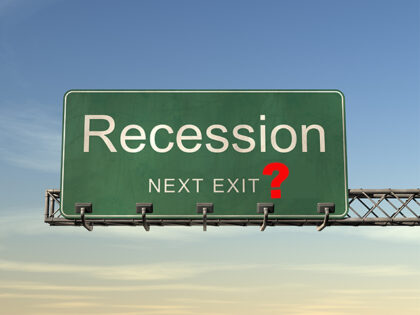
Federal Reserve officials are working overtime to jawbone the market away from the conviction that the Fed will cut rates several times this year.
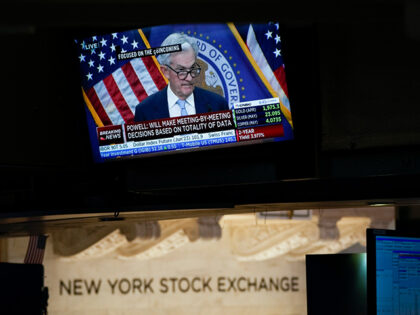
The Federal Reserve fired a shot across the bow of market complacency on interest rates.
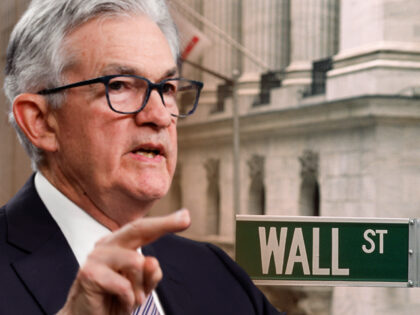
The yield curve on very short-term debt issued by the U.S. government is deeply inverted. Could this signal concerns about the debt ceiling?
